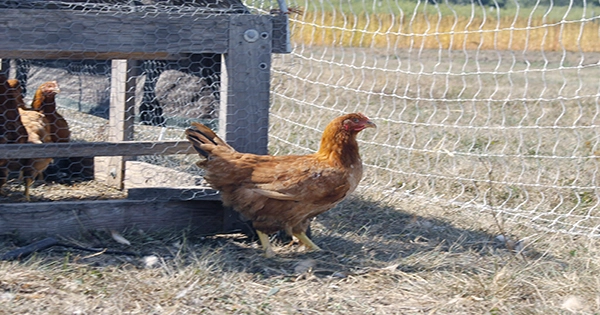The provincial and federal governments warn citizens against handling sick birds, and wildlife rehabilitation facilities report an increase in calls from concerned citizens who wish to try to help creatures that may be infected with avian influenza.
“It’s been exceptional in my almost 37 years of doing this,” said Elizabeth Melnick, who for decades has worked to rehabilitate injured or orphaned animals at her centre in Abbotsford.
She claimed that due to the high volume of calls and even people bringing her sick birds like wild geese and crows they had seen in distress, particularly in the Fraser Valley where avian flu has been found, her center, which relies on contributions, is struggling to keep up.
“It’s really taken a toll,” she said. “It’s not a good situation at all.”
Since November 16, seven industrial poultry farms in Abbotsford and Chilliwack have been placed under quarantine for the avian flu; this is the same region where 17 million birds were killed in 2004 to stop the spread of the disease.
According to industry officials, there has not yet been farm-to-farm transmission. However, wild birds are spreading the disease because they have easy access to the close-knit poultry farms in the Fraser Valley.
Mid-April saw the confirmation of B.C.’s first chicken illness of the year. There are currently 57 verified cases, the majority of which were found this fall during the migration of wild birds.
Melnick and the Wildlife Rescue Association of B.C. in Burnaby said they are receiving more reports from the public about wild birds including geese, ducks, and crows that are moving erratically, immobilized or experiencing convulsions. The avian flu is linked to the symptoms.
“It’s avian flu if their neck is all spinning and they can’t tell which end is up,” warned Melnick.
The illness, which is very contagious and can potentially affect humans, has no cure for birds that have it.
When people call Melnick for assistance with a sick bird, she hates to inform them that all she can really do is arrange for the bird to be put to death.
“What am I supposed to do, let it die?” she said. “Well that hurts me.”
The Canadian Food Inspection Agency, the principal federal department in charge of combating the disease nationwide, cautions people against handling sick birds.
As avian influenza can be transmitted from bird to bird through secretions and feces, as well as indirectly through human movement, contaminated feed, water, and equipment, B.C.’s Ministry of Forests advised people to call B.C.’s Wild Bird Mortality Reporting Line at 1-866-431-2473 to report a sick or dead wild bird.
A general order was issued by the chief veterinarian of British Columbia in the middle of October requiring all people who are in charge of birds to refrain from bringing their pets to gatherings where multiple species of birds may be present, such as poultry swaps, auctions, flea markets, bird shows, fairs, public displays, or competitions.
The ministry claims to be attempting to stop the present outbreak from spreading further and has been providing workshops for owners of small flocks of poultry in the province and online to help them secure their flocks and be ready for any negative effects if their birds get sick.
According to a statement from the ministry, “the current priority is to stop the possible spread of avian flu by allocating expertise to monitoring and tracking new cases from newly recognized areas and avian species.”












